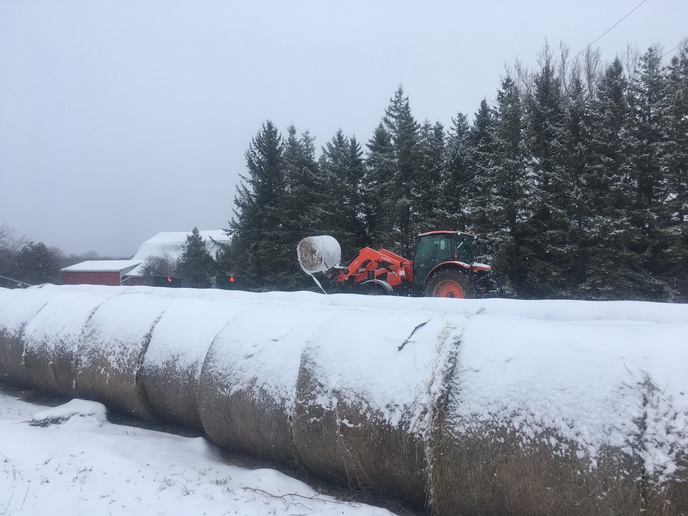I keep reading the posts about motor oil and zinc, so did some reading.
Here is my take.
Zinc and Phosphorus (ZDDP) was not present in motor oil before 1942.
ZDDP contributes to ash in combustion chambers, valve trains and emission controls, so you can have too much.
ZDDP was reduced lately to reduce the coating affects in catalytic converters.
The oil I use (Delvac) contains 1012 PPM of ZDDP, it looks like break in oil contains up to 2200 PPM, so quite a bit more. It looks like the jury is out on how much zinc is needed for a tappet engine. The heavier the valve springs and steeper the rise on the cam creates more stress on the cam/tappet surface. It also looks like the issue is not when the engine is running, but mostly during startup where the zinc is left after the oil runs away.
Based on this information, I am "believing" the oil is safe for me to use in my antique equipment, because of lower spring pressure and cam rise.
Opinions welcome.
Here is my take.
Zinc and Phosphorus (ZDDP) was not present in motor oil before 1942.
ZDDP contributes to ash in combustion chambers, valve trains and emission controls, so you can have too much.
ZDDP was reduced lately to reduce the coating affects in catalytic converters.
The oil I use (Delvac) contains 1012 PPM of ZDDP, it looks like break in oil contains up to 2200 PPM, so quite a bit more. It looks like the jury is out on how much zinc is needed for a tappet engine. The heavier the valve springs and steeper the rise on the cam creates more stress on the cam/tappet surface. It also looks like the issue is not when the engine is running, but mostly during startup where the zinc is left after the oil runs away.
Based on this information, I am "believing" the oil is safe for me to use in my antique equipment, because of lower spring pressure and cam rise.
Opinions welcome.


